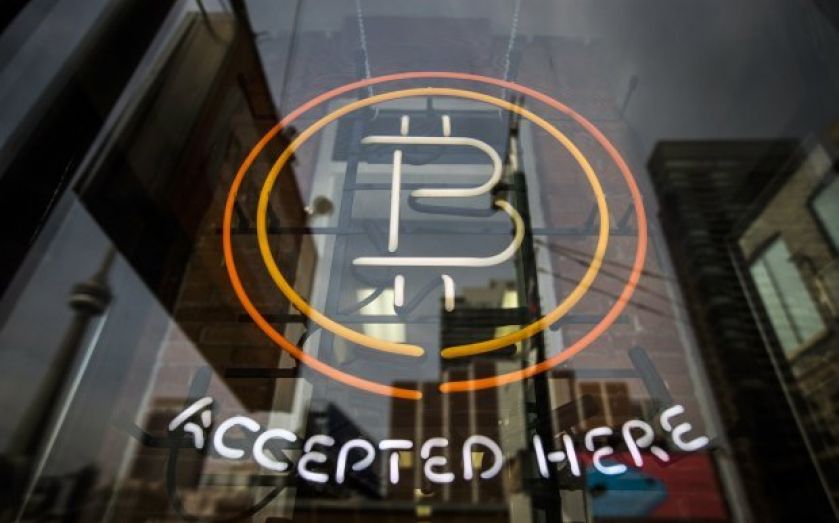Bitcoin banned by Bolivian central bank as a threat to national currency

Bitcoin is facing another crackdown from government authorities after the El Banco Central de Bolivia banned any currency that is not issued or regulated by the Bolivian government.
The list of cryptocurrencies that were mentioned by name in the Bolivian central bank's directive included Bitcoin, Namecoin, Peercoin, Quark, Primecoin and Feathercoin.
The announcement was the first of its kind made by the central bank on the subject of digital currency, according to the US Law Library of Congress.
The statement reads: “With the publication of this resolution, the use of currencies not issued or regulated by states, countries, or economic areas, is prohibited, as well as electronic payment orders denominated in currencies not authorized by the Central Bank of Bolivia in the context of the national system of payments”.
The Bolivian authorities may have good reason to fear a competing currency whose supply is limited and is widely seen as counter to inflation ridden fiat money.
Bitcoin's own developer, Satoshi Nakamoto, has written: "The central bank must be trusted not to debase the currency, but the history of fiat currencies is full of breaches of that trust".
Bolivian citizens will also be prohibited from denominating prices in a currency that has not been approved by the country's authorities.
The ban was justified on the grounds that it was necessary to protect the boliviano, the country's national currency. The central bank also claimed it is protecting citizens from unstable currencies that could lead to them losing their money in a Mt Gox like disaster.
However, Bolivia stands alone in Latin America with its decision to ban digital currencies. Colombia's central bank, the Superintendencia Financiera de Colombia, had considered a ban on Bitcoin but fortunately for crypto fans the restrictions never came into place.
Bolivia now joins countries such as China and Russia as being among the most inhospitable jurisdictions for cryptocurrency. The situation could hardly be more different to jurisdictions such as the UK and Canada, which have taken relatively light touch stance on cryptocurrency regulation.